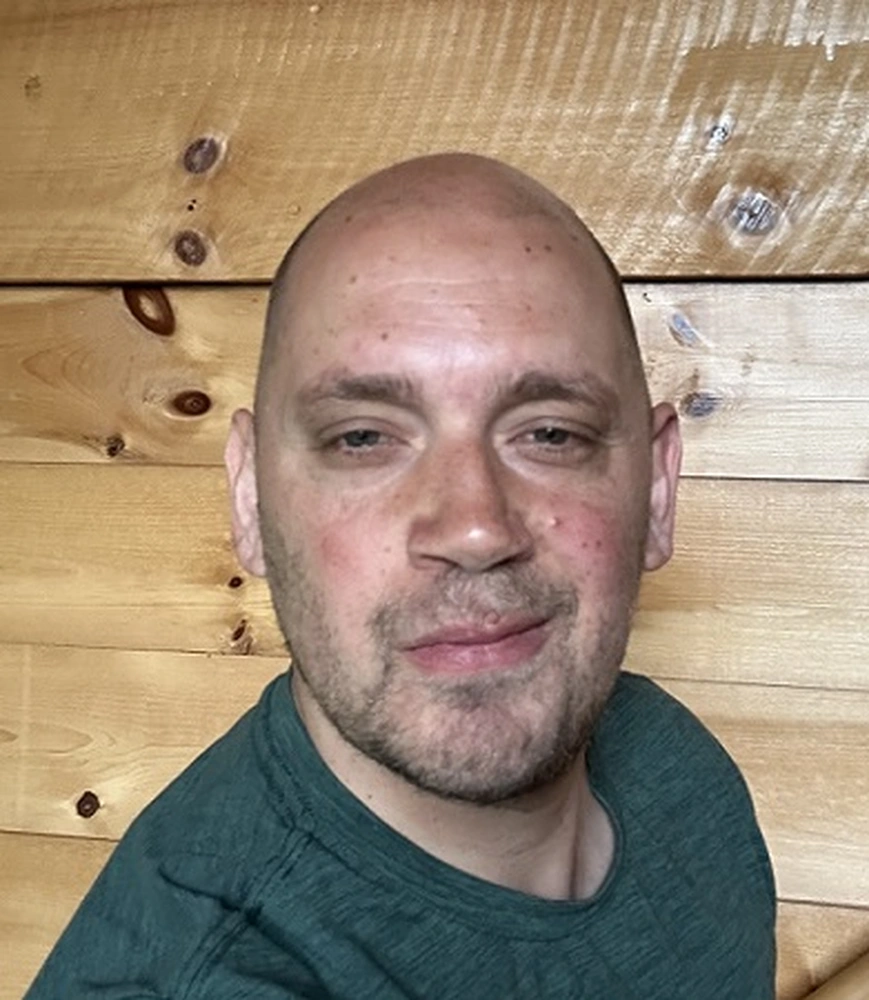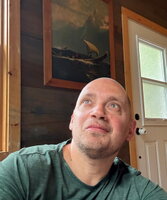
Assistant Professor Dominik Mischkowski has received a National Science Foundation grant to study the role of physical pain sensitivity in regulating intimate relationship processes, specifically, perceptions of a partner being understanding, validating, and caring. The grant will support two studies (one lab experiment, one longitudinal field experiment) to test the hypothesis that pharmacologically reducing physical pain sensitivity using the common painkiller acetaminophen would reduce perceived partner responsiveness, and thus increase self-reported distress, cardiovascular markers of challenge, and aggression towards partners, during intimate relationship conflict.
What do you consider to be the most significant aspect of this project for the field of psychology?
Pain is a universal phenomenon. Almost everyone has experienced pain in their lives, and usually it is perceived as unpleasant and something to avoid. However, psychological and physiological processes that give rise to the pain experiences are also involved in quite important affective, motivational, and relational processes beyond pure pain experience. In this project, we want to show how important physical pain sensitivity is in regulating adaptive, constructive relationship processes.
Could you provide some background on the motivation behind this project? What inspired you to take it on?
My collaborator, Dr. Brett Peters at Ohio University, and I started the project based on previous work in my lab, showing that reducing physical pain sensitivity using acetaminophen reduces empathic perceptions and affect. However, these findings have emerged only using paper-and-pencil measures of empathy We wanted to test whether similar findings emerge during actual relationship interactions.
Are there people you'd like to acknowledge for their contributions to this project's success?
Drs. Brian Clark and Chris France at Ohio University were crucial in getting this project funded. I also want to acknowledge my former mentor Dr. Baldwin Way at Ohio State University for his continued mentorship and support in all research involving acetaminophen.
One of the major challenges in receiving this grant was that I moved from Ohio University to the University of Illinois just as the grant was awarded. We had to rewrite the whole budget. Luckily, NSF was very generous in meeting our financial project needs. I want to give huge props to Lori Butler, a grants and contracts coordinator in the department, for helping me navigate the challenges when moving such a big grant from one institution to another.
Based on your experience with this endeavor, what advice or insights would you offer to others who might be considering similar opportunities?
Be persistent. Keep resubmitting and refining grants, in particular, when they show initial promise even when not initially funded. This grant was funded after resubmission.

